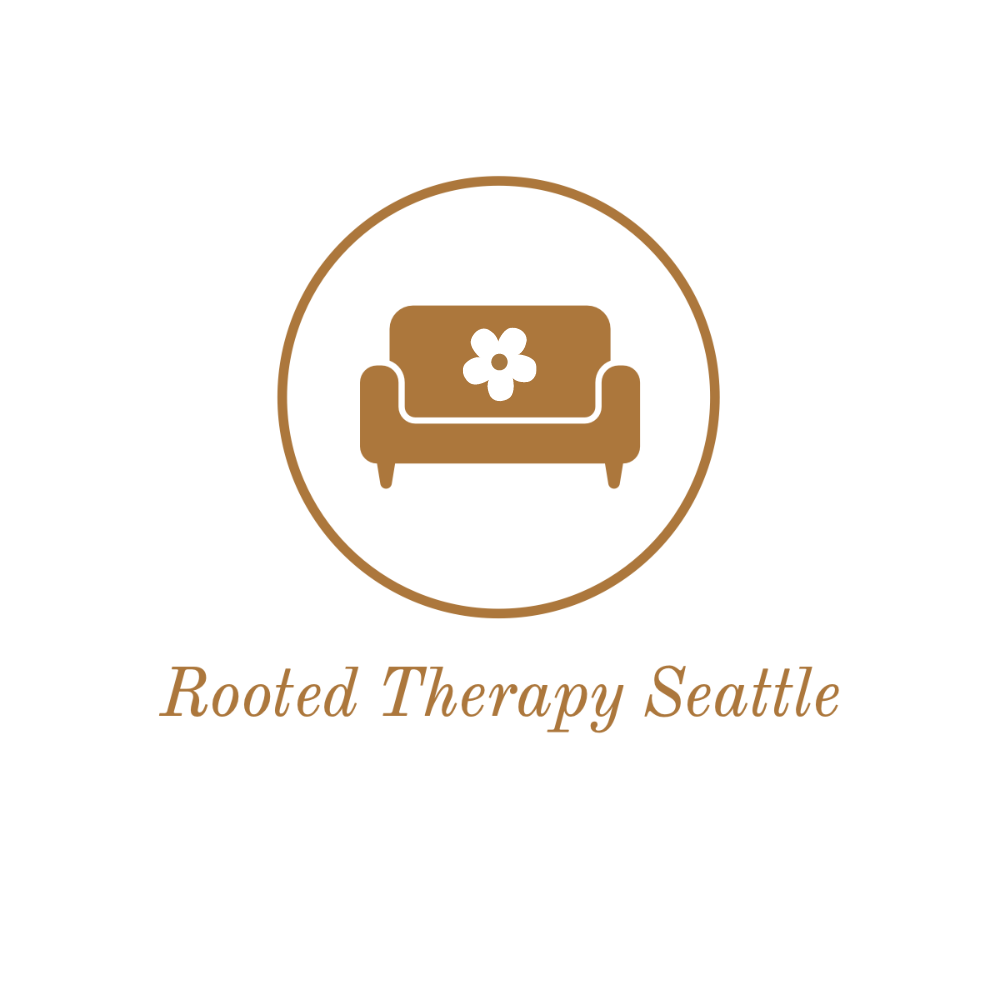3 Myths About ADHD: Yes, Women Can Have It Too
ADHD Can Be Misunderstood
I was talking to a family member the other day about my work as a mental health counselor and sharing about my specialty in working with women with ADHD. My family member said, ‘I thought women couldn’t have ADHD.’ I was shocked at this assumption but also through the work that I have done with numerous women with ADHD, this statement isn’t far off from the myths that have often led to women being regularly misdiagnosed or underdiagnosed with ADHD.
Chances are that if I were to tell you to visualize someone with ADHD, you would picture a 8-10 year old boy who can hardly sit still at his desk and is disruptive in class. While this description can look like a child with ADHD it doesn’t mean that this representation is the only way that ADHD shows up. There are 3 different kinds of diagnosis sub categories such as ADHD- predominantly hyperactive type, ADHD- predominantly inattentive type, and combined. All three of these subcategories can present differently not to mention, gender, race and other contributing factors influence how ADHD presents in someone.
Fortunately over the last few years, there has been more information about ADHD that has been discussed on mainstream sources such as social media. However, there are still some common myths out there that I would like to address.
3 Myths About ADHD
Myth #1: ADHD is only a male disorder
Fact: Women and girls can most definitely have ADHD. However, because of this myth females are more likely to get diagnosed 5 years later than males. It is more often diagnosed women females present with more the hyperactive traits (https://chadd.org/adhd-news/adhd-news-educators/gender-myths-adhd/).
However, many girls and women’s ADHD do not present in the stereotypical manner. Gender norms also contribute to the way that women and girls present. Girls are socialized to internalize feelings and to be good at tasks that are heavily on executive functioning. However, executive function difficulties is often a key symptom of ADHD. “Women from the age of 24-36 are now the fastest growing population diagnosed and treated for ADHD’ (Davis and Hill, Women with ADHD). Most resources for ADHD are geared towards males and or children/teens. When working with women with ADHD, I often hear that their voices and stories feel left out. The stereotypes do not fit their experience yet they still have ADHD and have to navigate their ADHD on a daily basis.
Myth #2: ADHD is only in Children
ADHD is a lifelong diagnosis. Even if you were diagnosed with ADHD as a child, it still will be something you will have for the rest of your life. Symptoms particularly around hyperactivity are often most dominant in childhood and then mellows out or turns into restlessness as an adult. In fact, in my experience many women get diagnosed as an adult. They didn’t even realize that they had it until later in life.
Myth #3: Everyone has ADHD these days
While technology and social media tend to grab our attention and might make it difficult to concentrate, ADHD is not something that everyone has or all of a sudden develops. It again is a lifelong disorder and part of the requirement in diagnosing according to the DSM-V is that it must be present in childhood. In the United States, ADHD affects around 5% of the population (Davis and Hill, Women with ADHD). So no, not everyone has it. Stating that everyone has ADHD also minimizes the experiences and struggles with those who have the disorder.
To sum it all up, women can have ADHD, not everyone has it and you can still have it and be diagnosed as an adult.
Women with ADHD
If you’re interested in learning more about ADHD in women, I recommend reading Women with ADHD by Sarah Davis and Linda Hill and A Radical Guide for Women with ADHD by Sari Solden and Michelle Frank. These books offer more information, insight and resources to gain more knowledge about women with ADHD.
I also work with women with ADHD in the Seattle, Washington area to navigate a possible diagnosis, educate them on how their brain works, support them in their goals and provide referrals for additional resources.
Resources:
https://chadd.org/adhd-news/adhd-news-educators/gender-myths-adhd/
S. Davis and M. Frank, (2022). Women with ADHD: The complete guid to stay organized, overcome distractions and improve relationships. Manage your emotions, finances and succeed in life.
Meet the Author
Adrienne Kandhari (she/her) is a licensed mental health counselor in the state of Washington who has lived experience with ADHD. Adrienne was not diagnosed with ADHD until as an adult. She specializes working with millennial women with ADHD and helping them to grow, succeed, and thrive in the modern world. When she’s not with clients, you can find her exploring the PNW, sewing a new fashion project, and soaking up some snuggles from her Belgian Malinois pup, Alaia.





